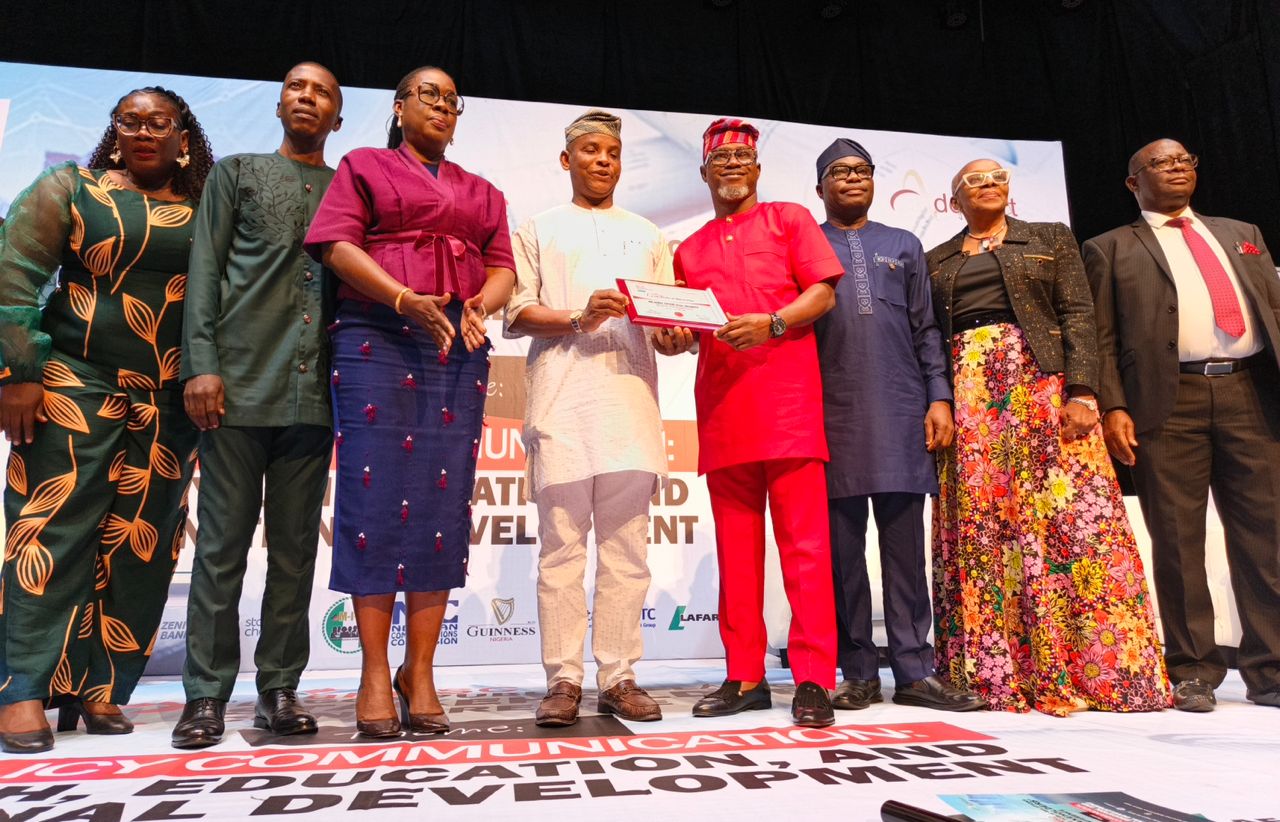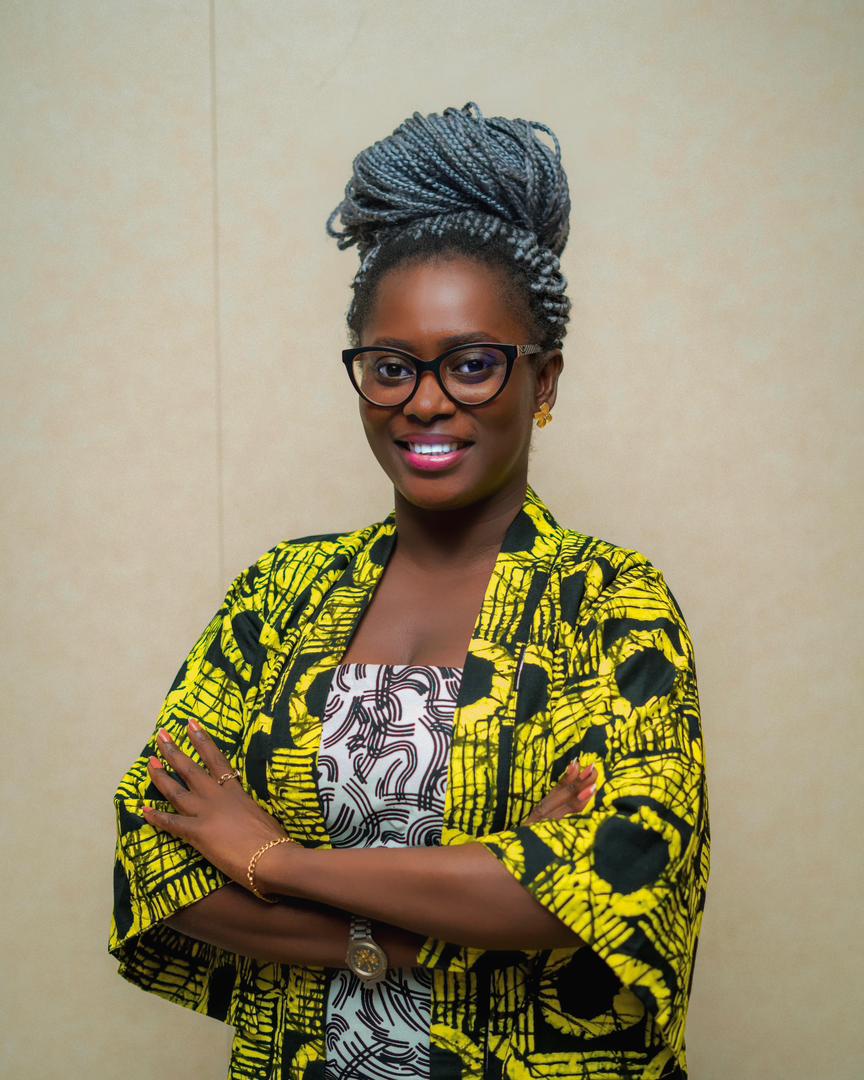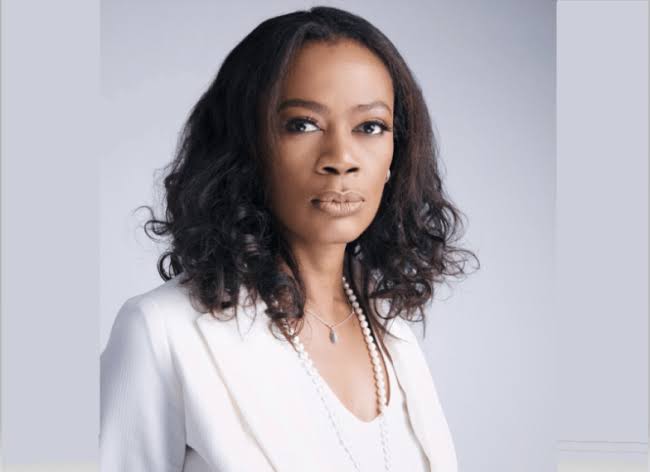The Nigerian Institute of Public Relations (NIPR) Lagos Chapter brought together key stakeholders to address one of Nigeria’s most pressing challenges—how to effectively communicate policies that impact youth and education development across the nation.
Conference Hosts Diverse Participants
The 12th Lagos Public Relations Stakeholders’ Conference, held at the Agip Recital Hall, Muson Centre, Onikan Lagos, drew public relations professionals, Lagos State government representatives, education commissioners, telecommunications regulators, students, and media practitioners to discuss “Policy Communication: Youth, Education and National Development.”
Key Voices at the Event
The gathering featured notable speakers including Mr. Tolani Sule, Lagos State Commissioner for Tertiary Education, Mr. Jamiu Tolani Alli-Balogun, Lagos State Commissioner for Basic and Secondary Education, and Dr. Aminu Maida, Executive Vice Chairman and Chief Executive Officer of the Nigerian Communications Commission (NCC), represented by Alhaji Ismila Adedigba from the Commission’s Research and Development department.
Timeliness of the Theme
According to Dr. Samuel Ayetutu, Chairman of NIPR’s Lagos Chapter, the conference theme came at the right time.
“The theme for this year, ‘Policy Communication: Youth, Education and National Development,’ could not have been timelier.
As a nation with one of the world’s largest youth populations, our future will be defined by how well we educate, empower, and engage our young people,” he stated.
Beyond Simple Dissemination
Dr. Ayetutu emphasized that policy communication goes beyond simple information dissemination.
“Policy communication is not just about dissemination; it is about building trust, ensuring inclusivity, promoting transparency, and inspiring ownership,” he explained.
He stressed that when policies are communicated clearly, accurately, and credibly, they become instruments of transformation that can unlock innovation, productivity, and sustainable national development.
Bridging Government and Citizens
The NIPR Lagos Chairman highlighted the crucial role communication professionals must play in bridging gaps between government and citizens.
“As communication professionals, our role is to bridge the gap between policymakers and the public, ensuring that government policies are not just announced, but explained, contextualized, and internalized in ways that drive understanding, acceptance, and action,” he noted.
Reinforcing Communication’s Role
Dr. Ike Neliaku, President and Chairman of the Governing Council of NIPR, represented by Mrs. Comfort Obot Nwankwo, immediate past chairman of NIPR Lagos State chapter, reinforced the importance of communication in policy success.
“Effective communication is central to policy foundation, implementation and, of course, impact,” he remarked, adding that policies communicated with clarity and credibility inspire trust, mobilize citizens, and accelerate development, particularly in youth engagement and education.
Optimism for the Future
Dr. Neliaku expressed optimism that the conference deliberations would enrich the profession and provide pathways for advancing national development.
Linking Theme to Nigeria’s Reality
Lagos State Governor Babajide Sanwo-Olu, represented by Kayode Oyekanmi, Director of Strategy Centre at the Ministry of Information and Strategy, connected the conference theme to current realities facing Nigeria.
“The theme speaks directly to the realities we are facing as a people and to the choices we must make to secure our future.
Because, at the end of the day, our economy, our politics, our security, our prosperity, rests on the shoulders of our young people and the education they receive,” he said.
Demographic Advantage and Risks
The Governor’s representative emphasized Nigeria’s demographic advantage while warning about potential risks.
“When we speak of youth, education, and national development, we are really talking about creativity and innovation.
Nigeria is fortunate to have one of the largest youth populations in the world, which is a great strength.
However, if we fail to channel this energy effectively, do not provide the right education, or communicate policies in ways that truly engage young people, this strength can quickly become a challenge.”
Lagos State’s Practical Approach
Oyekanmi highlighted Lagos State’s practical application of effective policy communication through education reforms.
“Here in Lagos, we have put these principles into practice.
Our education reforms, including the EKOEXCEL initiative which is transforming primary schools, alongside our investment in digital literacy for secondary school students, are concrete policies that directly uplift our youth.
But what makes these policies succeed is not just their design—it is the way we involve parents, teachers, communities, and, of course, the students themselves.”
The Value of Stakeholder Understanding
He explained the importance of stakeholder understanding in policy success.
“We have learned that when people understand the ‘why’ and the ‘how,’ they give their full support,” adding that Lagos would continue to prioritize collaborative governance.
“We will continue to listen, engage, and open doors for collaboration because governance is a partnership between leaders, institutions, and the people.
When that partnership is rooted in trust and open communication, there is no limit to what we can achieve.”
Keynote on Youth Engagement
Professor Chiso Ndukwe-Okafor, Executive Director of the Consumer Advocacy and Empowerment Foundation (CADEF), delivered the keynote address, focusing on youth engagement in policy-making processes.
She noted that with youth constituting over 60% of Nigeria’s population, their involvement in policy communication becomes crucial for national development success.
Learning from Global Best Practices
Professor Ndukwe-Okafor drew inspiration from international best practices, citing successful models from Finland, Singapore, and South Korea.
These countries have demonstrated the importance of clear, inclusive, and participatory communication in policy-making,” she observed, suggesting that Nigeria could learn from these examples to improve its own policy communication frameworks and youth empowerment strategies.
Embracing Digital Transformation
The keynote speaker addressed digital transformation in education, advocating for inclusive digital tools while emphasizing the need to counter misinformation.
She shared examples from her foundation’s work, particularly initiatives in digital finance inclusion for persons with disabilities, which she described as demonstrating co-creation and engagement in policy communication processes.
Co-Creation in Policy-Making
“This initiative demonstrates the importance of involving diverse stakeholders in policy-making processes,” Professor Ndukwe-Okafor explained, emphasizing the need to design education and youth empowerment policies with young people as co-creators while championing transparency and clarity in policy communication.
Conference Coordination and Focus
Conference coordinator Olabamiji Adeleye explained the focus of the 12th edition on addressing youth and education sector challenges through improved policy communication. He emphasized how effective communication could unlock youth potential and drive national development.
The Urgency of Clear Communication
“This year’s theme, Policy Communication, Youth Education and National Development, reflects the urgent need to bridge the gap between policy formulation and public understanding, especially in the context of youth engagement and educational reform,” Adeleye stated.
Implementation Challenges in Nigeria
He identified a critical challenge facing Nigeria’s development efforts. “Despite having good policies, implementation and communication remain major issues in Nigeria,” highlighting the need for clear, transparent, and inclusive communication strategies.
Communication as a Necessity
Adeleye stressed that effective policy communication represents more than just good practice—it is essential for inclusive development.
“Effective communication of policy is not just desirable but a necessity for inclusive development, particularly given the critical role that youths play as both the present and future of the nation.
Our youth represent both the present and the future, and they are critical stakeholders who must be informed, engaged, and empowered,” he concluded.
Closing Panel Session
The conference concluded with a panel session featuring Professor Ndukwe-Okafor, Onome Damilola Odili, Managing Director/Business Lead Non-profit Advocacy, Mr. Olufemi Ogundeji, Managing Director of Vertex Micro Insurance, and Lesijolu Eite Eric-Nwabuzor, Executive Director of The Comms Avenue.
The session was moderated by Segun McMedal, President & CEO Upticomm Marketing Company.
WATCH ALSO:MARKETING EDGE ONTV







Comment
No comments found.